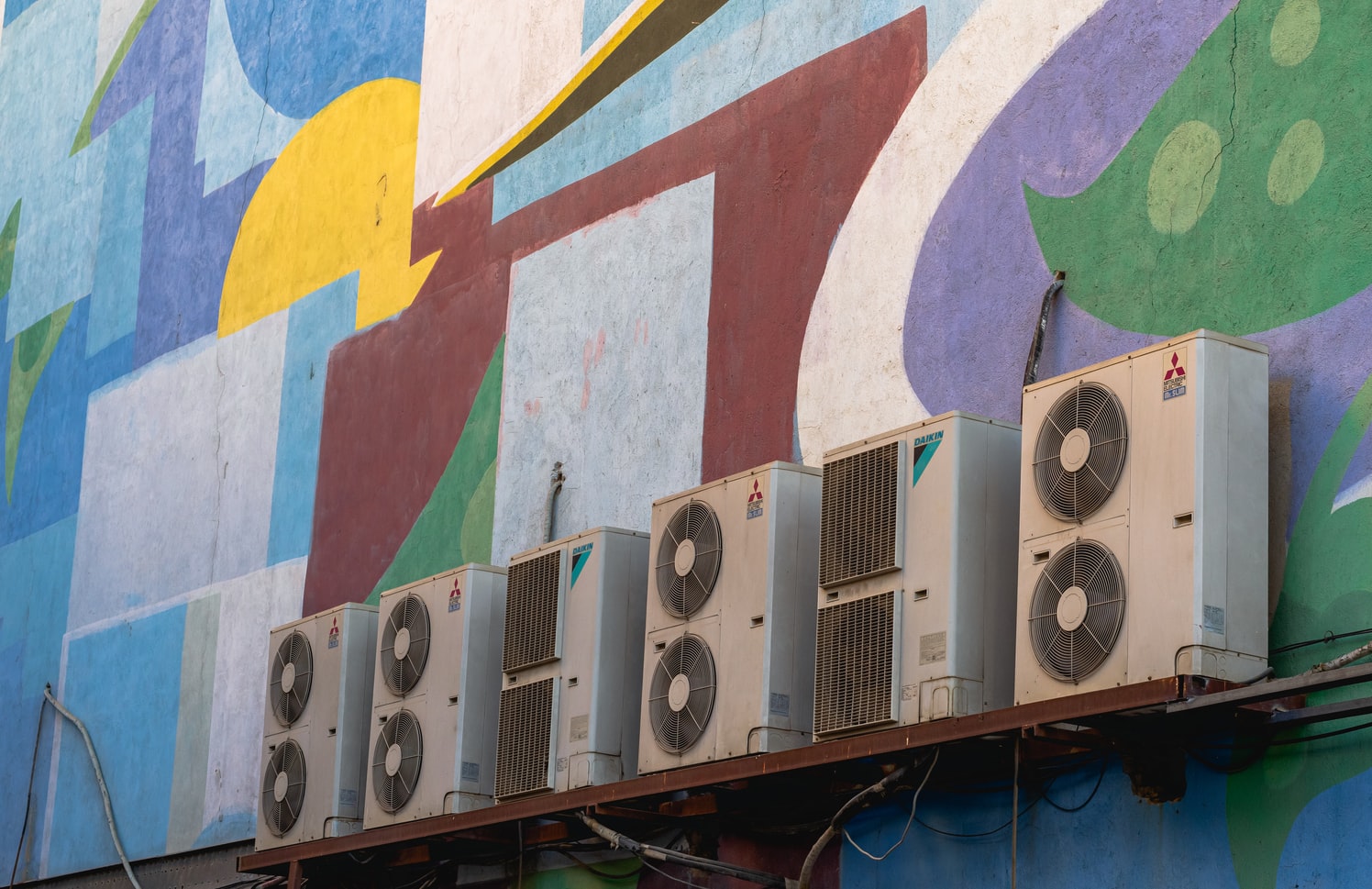It is essential to carry out proper maintenance and take good care of your air conditioning unit to ensure it’s in good shape and runs perfectly. It can be a hassle dealing with a broken air conditioner compressor due to improper maintenance. The big question is: Do you have the knowledge and the skills to take care of your air conditioner compressor?
To know how to take care of your air conditioner compressor, you must first understand how an air compressor works. If you don’t have an idea, here is a tip. First, your air conditioner has a processor responsible for pushing a liquid coolant to the condensing coil. This is what makes it release cold air. Then there is the AC compressor that has a motor that compresses the refrigerant gas. More details on how an air compressor works are to come.
How To Take Care of Your AC Compressor
The compressor is an essential element of your air conditioning system. To this end, you must take measures to ensure your AC compressor is taken care of. Here are some activities and maintenance you must carry out to keep your air compressor in good shape.
1. Remove Obstructions
If your air conditioning compressor unit is located outside, then there is a good chance it will get affected by obstruction from dirt and debris, leaves and grass, and the likes. No matter how small, these obstacles can add extra pressure to your compressor, making it overwork. And over time, this affects the motor.
Make it a habit to check for obstructions from time to time and clear them off, and you will complete the first step in taking care of your AC compressor.
2. Keep the Filter Clean
Having your filter dirty and clogged is not suitable for your air conditioning unit. If you want to care for your AC compressor, you must ensure the filter is always clean and free from dirt. There is dirt and dust in the air, and when the AC is running, the compressor pulls in the air containing dirt and dust. However, the filter separates the dirt and dust from the good air. Over time, the dirt and dust gather, and this obstructs the compressor from dragging in more. For it to keep up efficiency, it overworks and starts overheating.
How do you avoid this? Easy. Firstly, gently remove the air conditioning filter. Then, with a pressurized water hose, wash off the dust. Leave the filter to dry completely, then return.
3. Regularly Clean the Condenser Coils
The condenser coils are what allow the air conditioning compressor remain efficient while it runs. Make sure they are always clean. Get a blower and clean the condenser coils with it. Also, check for leakages. You are advised to perform this particular operation every two weeks.
How do you go about it? Take the air conditioning unit off its mount. With a pressure washer, flush all the dust and debris and any object stuck around it.
4. Wrap the Compressor
For those in areas with freezing winter months, we need to pay close attention to our air conditioning compressor. As it gets colder, we must protect the compressor from the snow and the effects of extreme cold.
This is simple to handle. Just get a big breathable cloth and wrap the compressor. Make sure the power of the unit is off when doing this.
5. Activate the High-Pressure Switch
Every air conditioning compressor has a high-pressure switch to prevent overheating, and it comes in handy, especially in hotter regions. If your compressor is directly exposed to the sun, this measure can be helpful. All you have to do here is locate the switch and turn it on.
You can carry out all these preventive maintenance measures by yourself, and they should be done regularly. However, it is essential to schedule a professional visit to your home or office for full and proper maintenance at least once a year. To learn more about AC installation, function, and maintenance, click here.
How Does an Air Compressor Work?
A quick run-through of the whole conditioning process might be required to understand the workings of an air compressors pumps. Firstly, there are two systems involved. The first one involves air circulation, where the systems pull air from the room, then filter it for dust, dirt, and moisture, then send the air to the evaporator unit where the air cools and is sent back to the room cold.
The second system involves the condenser unit, where the refrigerant and evaporator are cycled but keeping the evaporator coil using pressure differences.
The air compressor of your AC can be found within the condenser unit and the element responsible for initiating the cooling process – the refrigerant. As a side note, know that heat tends to move to where it is cooler. When air at room temperature passes through the evaporator, the heat in it is eliminated and then goes through to the refrigerant gas, which is passed to the compressor.
The compressor compresses the refrigerant and, in the process, condenses it, changing its state from gas to fluid. After compression, the liquid is released under pressure. Now, the refrigerant is hotter, even than it was initially. However, the excess heat is disposed of via the condenser coils.
Before the refrigerant gets to the end of the loop, it cools off and becomes cold again, then back to the evaporator unit. The process goes on and on for as long as the air conditioner is on.
Are used air conditioning compressors any good?
Cost-wise, they are not bad, though the lower the cost of the compressor, the more it may impact its efficiency. Air conditioning compressors could live up to 20 years, if not more, which is something to keep in mind if you plan on purchasing a used one.

